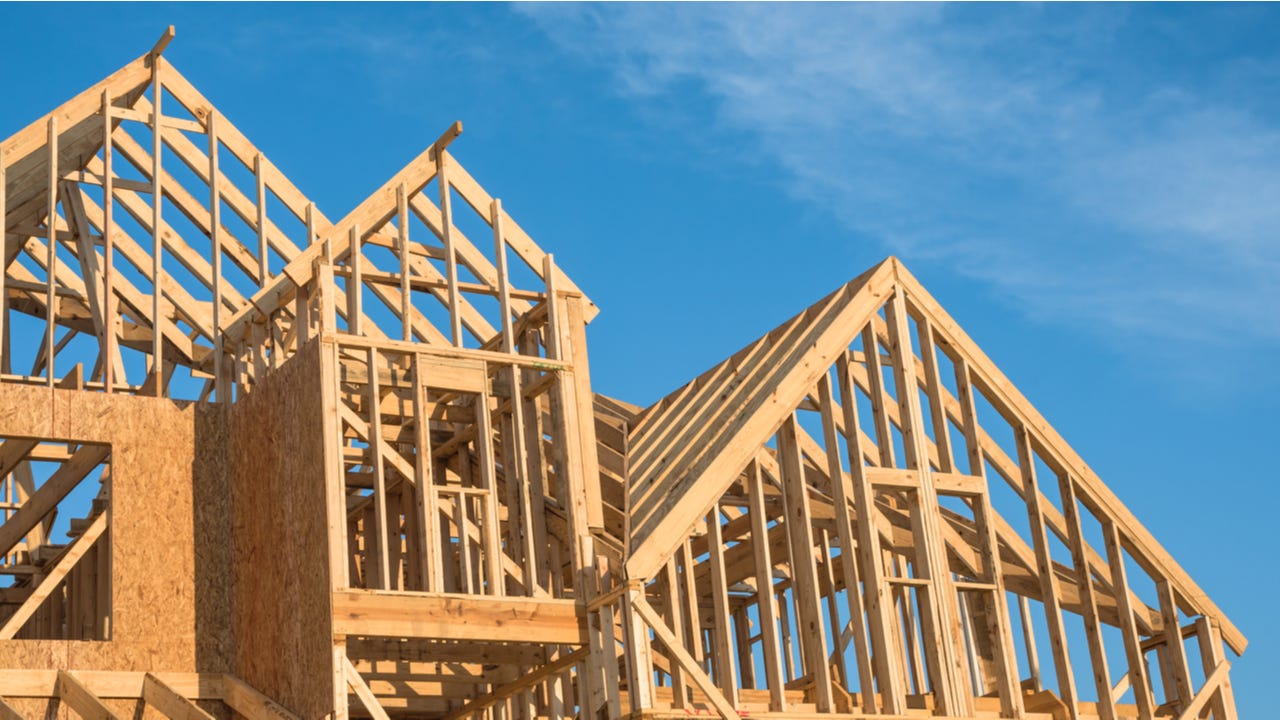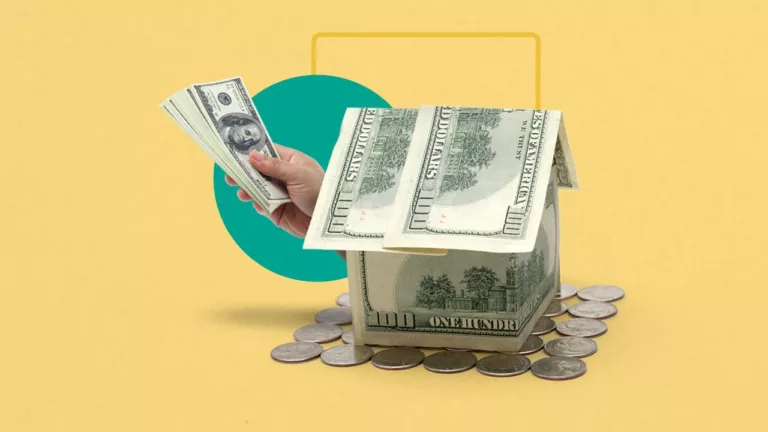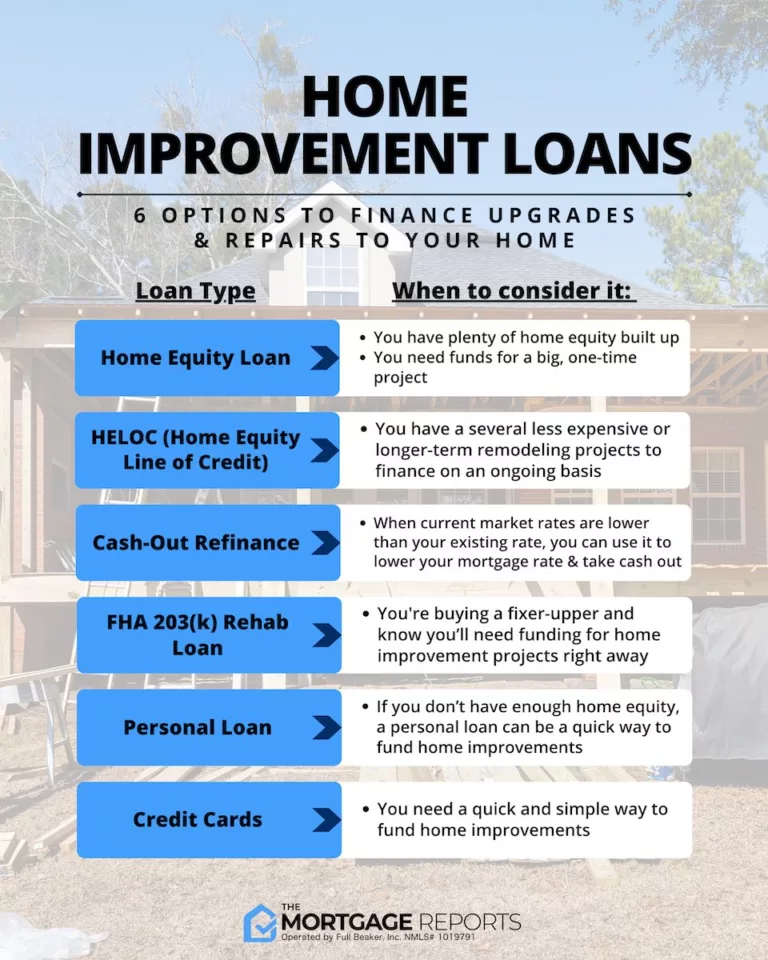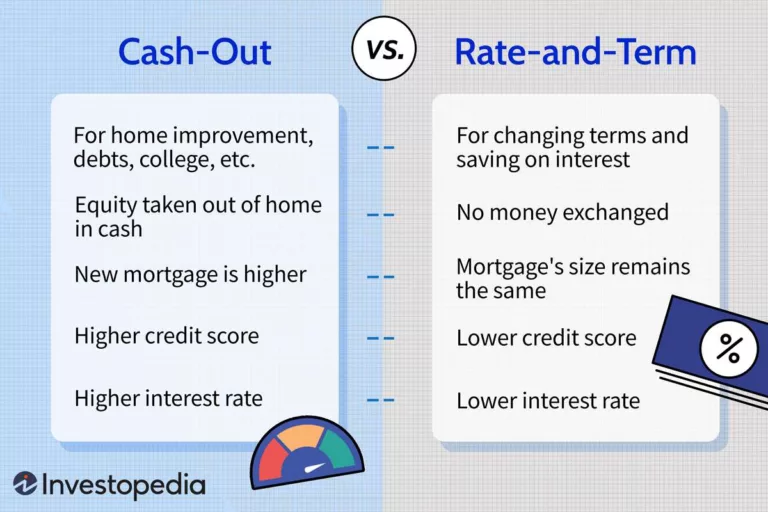Do You Pay Mortgage While House is Being Built? Simplified Guide Inside
Yes, you have to pay the mortgage while your house is being built.
:max_bytes(150000):strip_icc()/Investopedia-terms-cash_out-refinance-7a7a8b788e544e22ab9f72a09a99cd81.jpg)
Credit: www.investopedia.com
Understanding Construction Mortgages
During the construction process of your house, you may wonder if you have to pay the mortgage. The answer is yes, as construction mortgages typically require monthly payments, even while your house is being built. It is essential to understand the terms and obligations to navigate this financial aspect effectively.
What Is A Construction Mortgage?
A construction mortgage, also known as a construction loan, is a specialized type of mortgage designed to finance the construction of a new home. It differs from a traditional mortgage in that it is specifically tailored to the needs of individuals who are building a house from the ground up.
With a construction mortgage, the lender will typically disburse funds to the borrower in stages, known as draws, as the construction progresses. These funds are usually paid directly to the builder or contractor, and the borrower only pays interest on the amount drawn at each stage.
How Does A Construction Mortgage Work?
A construction mortgage works differently from a regular mortgage. Instead of receiving the full loan amount upfront, the borrower receives the loan in stages based on the progress of the construction. This ensures that the borrower only pays interest on the funds they have used.
Typically, a construction mortgage follows a draw schedule that outlines when and how much money will be disbursed during each stage of the construction process. The schedule is usually linked to specific milestones or completion percentages, such as pouring the foundation, framing the structure, and completing electrical and plumbing work.
During the construction period, the borrower makes interest-only payments on the funds that have been drawn. These payments are based on the interest rate agreed upon with the lender. Once the construction is complete, the borrower can convert the construction mortgage into a conventional mortgage or apply for a new mortgage to pay off the construction loan.
It’s important to note that construction mortgages may have higher interest rates and stricter lending criteria compared to traditional mortgages. This is because the lender assumes a higher level of risk due to the ongoing construction process and the potential for cost overruns or delays.
Paying Mortgage During Construction
During the construction of your house, you may still need to pay the mortgage. This means that you will be responsible for making regular mortgage payments while your home is being built.
Options For Paying Mortgage
During the construction of your new house, you may wonder what your options are for paying the mortgage. It’s important to consider these options carefully, as they can have a significant impact on your financial situation. Here are two common options for paying the mortgage during the construction phase:
Interest-only Payments
One option for paying the mortgage during construction is to make interest-only payments. With this option, you only pay the interest on the loan, rather than principal and interest combined. This can help keep your monthly payments lower during the construction phase, which may be beneficial if you are also paying rent or have other financial obligations.
Making interest-only payments can provide some flexibility and financial relief during construction, but it’s essential to understand that your loan balance will not decrease during this time. Once the construction is complete, you will typically transition into making full mortgage payments that include both principal and interest. This option can be beneficial if you have a tight budget during the construction phase and need to minimize monthly expenses.
Full Mortgage Payments
Another option for paying the mortgage during construction is to make full mortgage payments from the start. With this option, you pay both principal and interest just as you would with a completed home loan. This means that your loan balance starts to decrease right away, which can be beneficial if you have extra funds available or if you want to build equity in your home sooner.
Paying the full mortgage during construction has its advantages but may also pose challenges for some homeowners. It’s important to evaluate your financial situation and determine if you have enough resources to afford the higher monthly payments. This option can be suitable if you have a stable income, savings, or financial support during the construction phase.
Regardless of the option you choose, it’s essential to discuss your payment plan with your lender to understand the specific terms and conditions. They can provide guidance based on your financial situation and help you make an informed decision.
Factors To Consider
When building a house, it’s important to carefully consider various factors, including the financial aspects. One key question that homeowners often have is whether they need to pay the mortgage while the house is being built. To help you make an informed decision, let’s explore some key factors to consider in this regard.
Builder’s Timeline
Understanding the builder’s timeline is crucial when determining whether to pay the mortgage during the construction phase. It’s essential to communicate with your builder to get a clear idea of how long the construction process will take. Some builders may complete the project within a few months, while others may require more time due to factors like weather conditions, availability of materials, or unexpected delays.
By knowing the estimated timeline, you can evaluate whether it’s feasible to continue paying your mortgage or explore alternatives such as temporary financing options.
Budgeting For Mortgage Payments
Another important factor to consider is budgeting for mortgage payments while your house is being built. Building a house is an expensive endeavor, and it’s essential to assess your financial situation to determine if you can comfortably handle both the mortgage payments and the associated construction costs.
Take the time to review your monthly income and expenses, factoring in the potential increase in costs during the building process. Additionally, consider the impact of any temporary living arrangements and associated expenses during construction. As always, it’s advisable to seek advice from a financial professional to ensure you’re making the best decision for your specific circumstances.
Financial Implications
Paying your mortgage while your house is being built can have financial implications that extend beyond the construction period. For example, continuing to make mortgage payments helps establish a stable payment history, which can improve your credit score and demonstrate financial responsibility to lenders.
On the other hand, choosing not to pay the mortgage during construction might result in temporary relief on your monthly expenses, allowing you to allocate those funds towards the building process. However, it’s important to consider the potential consequences, such as negative impacts on your creditworthiness.
Ultimately, weighing these financial implications will help you determine the best course of action regarding your mortgage payments while your house is being built.

Credit: m.facebook.com
Benefits And Risks
When building a house, a common question that arises is whether homeowners should pay their mortgage during the construction phase. While there are benefits to continuing mortgage payments, there are also risks involved. Let’s take a closer look at both sides of the coin.
Benefits Of Paying Mortgage During Construction
Continuing mortgage payments during the construction phase can bring several advantages for homeowners:
- Equity Building: By making mortgage payments, homeowners steadily build equity in their property, even before the house is completed. This can be particularly beneficial if the property’s value increases during the construction process.
- Improving Credit Score: Consistently paying the mortgage shows responsible financial behavior and can help improve the homeowner’s credit score. A higher credit score can lead to better interest rates and more favorable loan terms in the future.
- Mitigating Interest Accumulation: Postponing mortgage payments until the house is completed may result in accumulated interest during the construction phase. By paying regularly, homeowners prevent interest from accruing, saving money in the long run.
- Potentially Lowering Future Payments: If the homeowner is able to make extra mortgage payments during construction, they can reduce the principal owed. This, in turn, may result in lower monthly mortgage payments once the house is complete.
Risks Of Paying Mortgage During Construction
While paying the mortgage during construction can have its benefits, there are some risks to consider as well:
- Financial Strain: Paying both the mortgage and construction costs simultaneously can put a strain on the homeowner’s finances. It is crucial to assess whether the budget can comfortably accommodate these dual expenses.
- Construction Delays: Unexpected delays in the construction process can extend the time period during which homeowners need to pay a mortgage for an unfinished house. This increases the risk of financial strain and uncertainty.
- Incomplete Construction: There is always a chance that the construction project may experience complications and not be completed as planned. This could leave homeowners paying a mortgage for a house that is not finished or may require additional funds to complete.
- Double Housing Costs: Paying a mortgage while also covering the cost of alternative living arrangements during construction, such as renting or staying with family, can significantly increase total expenses during this period.

Credit: www.bankrate.com
Frequently Asked Questions Of Do You Pay Mortgage While House Is Being Built
When You Build A House Do You Pay A Mortgage?
Yes, when you build a house, you typically pay a mortgage. The mortgage is a loan you take out to finance the construction or purchase of the house. Over time, you repay the loan, including interest, in regular installments until the mortgage is fully paid off.
Do You Pay Before Or After A House Is Built?
Payment for a house is typically made in installments during the construction process.
How To Build A New House With An Existing Mortgage?
To build a new house with an existing mortgage, you may consider refinancing your current mortgage to include the costs of construction. This allows you to use your existing loan to finance the building process. Speak with your lender to explore this option and understand the requirements.
Should I Pay Off My Land Before You Build?
Yes, it is advisable to pay off your land before starting construction. This avoids the burden of interest payments on a loan and allows you to focus on the building process without financial stress. It also provides a stronger financial foundation for your project.
Conclusion
To sum up, paying your mortgage during the construction phase depends on your specific circumstances and loan agreement. It’s crucial to stay in touch with your lender throughout the process and understand the terms of your mortgage and construction loan.
Consulting with a financial advisor or mortgage specialist can help you navigate this complex situation and make informed decisions. Remember, communication is key. Stay informed and keep the lines of communication open with your lender to ensure a smooth transition from construction to permanent mortgage payments.




